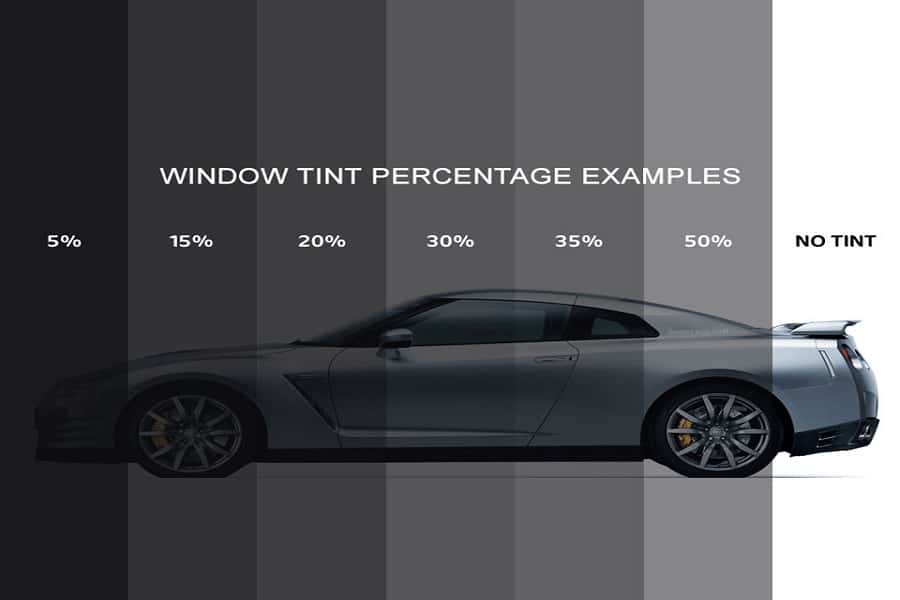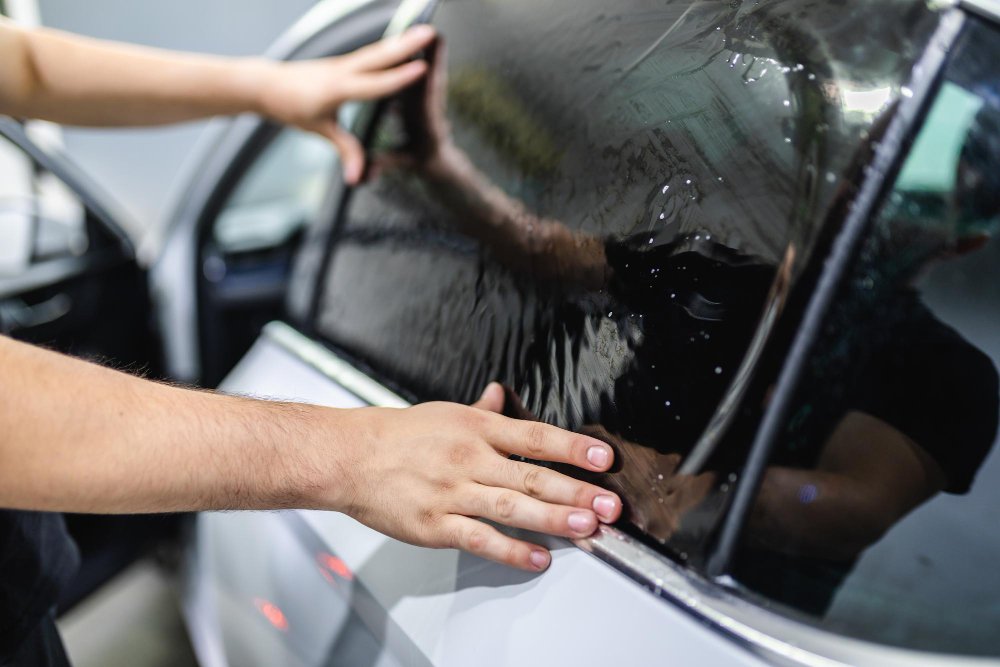Affordable Car Window Tinting for each Vehicle Type
Home Window Tinting Laws and Standards: What You Need to Know Prior To Tinting Your Car
Before proceeding with home window tinting for your lorry, it is vital to familiarize yourself with the diverse laws and guidelines that regulate this technique throughout various states. These guidelines dictate the allowable levels of tint darkness, frequently measured by noticeable light transmission (VLT) percentages, and consist of certain stipulations for front windscreens intended at ensuring road safety. Additionally, specific territories might offer medical exceptions for people with certifying conditions. Recognizing these complexities can save you from possible lawful ramifications, however what are the particular regulations in your state?
Review of Home Window Tinting Regulations
Window tinting regulations are regularly based on variation throughout different jurisdictions, reflecting regional laws and safety factors to consider. These regulations dictate the acceptable degrees of color darkness and reflectiveness on lorry windows, making sure that drivers maintain ample exposure while also protecting versus harmful UV rays and heat.
A lot of guidelines categorize window tinting based upon the Visible Light Transmission (VLT) portion, which indicates the quantity of light that can go through the window. Typically, reduced VLT percents represent darker colors. Regulations frequently differentiate between the front, side, and back windows, with more stringent restrictions used to the front windshield to improve security for both the chauffeur and various other roadway users.
Conformity with home window tinting laws is important, as infractions can result in fines, required elimination of the tint, and possible rises in insurance policy costs. It is important for automobile owners to familiarize themselves with neighborhood regulations before continuing with window tinting installations.
State-by-State Tint Rules
Comprehending the details window tinting policies in each state is important for automobile owners seeking to abide by the regulation. Each state in the U.S. has established its own set of rules governing window tinting, which can differ substantially. These guidelines often dictate the permitted levels of tint darkness, the kinds of windows that can be tinted, and any clinical exceptions that may use.
For circumstances, states like California have stringent restrictions on color darkness for front windows, while others, such as New Mexico, may allow darker colors. Furthermore, certain states mandate certain exposure percentages for numerous home windows, consisting of the windscreen, front side home windows, and rear windows. It is vital for auto proprietors to familiarize themselves with their state's laws to prevent possible penalties or charges.
Additionally, some states might call for an accreditation sticker label to be placed on colored windows, showing compliance with state laws. Failing to stick to these laws not only takes the chance of legal consequences but can additionally impact safety and security and visibility while driving. Lorry proprietors should carry out complete study or consult local authorities to ensure complete understanding and conformity with state-by-state color laws.
Allowed Color Degrees and Types
Lots of car owners might be shocked to learn that enabled tint levels and types differ extensively across various states. Each state has developed its own regulations concerning the permissible darkness and reflectivity of home window tint, typically gauged by Visible Light Transmission (VLT) portions. VLT click for info describes the quantity of light that can go through the tinted home windows; therefore, a reduced percent indicates a darker tint.

Additionally, the kinds of color products allowed can vary, with some states forbiding mirror-like or metal coatings. It is necessary for lorry proprietors to acquaint themselves with their state's details laws to guarantee compliance. Non-compliance can cause penalties, obligatory removal of the color, or various other legal repercussions, making it important to recognize these regulations before proceeding with installation.
Medical Exceptions for Tinting
While not all states supply allocations for clinical exemptions concerning window tinting, those that do recognize the requirement for details people to improve exposure and comfort as a result of medical conditions. Various clinical problems, such as lupus, skin cancer, and certain eye disorders, can render people especially conscious sunlight. These people may require darker colors to read this article secure themselves from damaging UV rays and glow.

It is very important to keep in mind that despite having a clinical exemption, there might still be restrictions on the level of color allowed. Conformity with state laws makes sure that people are both secured and within legal limitations. Those taking into consideration medical exceptions ought to call their regional Division of Motor Cars or equal authority to understand the procedures and needs necessary to apply for an exemption successfully.
Penalties for Non-Compliance
Stopping working to follow window tinting legislations can cause substantial charges, which vary by state. Legislation enforcement agencies are equipped to issue citations for lorries that do not comply with the specified tinting regulations. These charges generally include penalties, which can vary from modest total up to several hundred dollars, relying on the severity of the offense and the state in question.
In some jurisdictions, duplicated offenses may cause escalating fines or added fines, such as required court appearances. Additionally, non-compliance might necessitate the removal of prohibited tinting, typically at the owner's expense. In extreme instances, habitual wrongdoers may encounter suspension of their automobile registration till conformity is achieved.
In addition, insurance implications may occur from getting numerous citations why not check here for home window tint violations. Insurance companies may see such offenses as an indicator of riskier behavior, potentially resulting in increased premiums or trouble in coverage.
To avoid these penalties, it is crucial for car proprietors to acquaint themselves with their regional home window tinting legislations and make sure that their lorry complies (Window Tinting). This proactive technique not only stays clear of legal ramifications however likewise promotes roadway security
Conclusion

Most regulations classify home window tinting based on the Visible Light Transmission (VLT) percent, which suggests the quantity of light that can pass through the window. Compliance with window tinting laws is critical, as infractions can result in penalties, mandatory removal of the color, and potential rises in insurance policy costs.Recognizing the particular home window tinting guidelines in each state is crucial for car proprietors looking for to conform with the legislation. These regulations commonly dictate the allowed degrees of tint darkness, the kinds of windows that can be tinted, and any type of clinical exemptions that may apply.
For circumstances, states like The golden state have rigid limitations on tint darkness for front windows, while others, such as New Mexico, may permit darker tints.